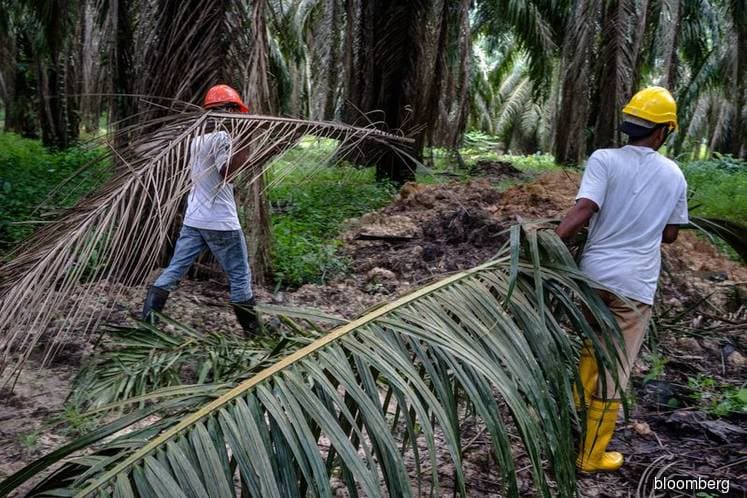
KUALA LUMPUR (Oct 30): Malaysia is trying to overcome its reliance on low-skilled foreign workers as it tries to move up the economic ladder. But that’s hurting some key industries in the country.
The country aims to reduce the number of overseas workers by more than 130,000 in five years, while getting companies to hire more high-skilled Malaysians and turn to automation to become a more developed economy. Local businesses say they’re doing so, but still need low-skilled foreigners to fill jobs harvesting palm fruits and doing laundry.
Small and medium enterprises -- which made up 38% of gross domestic product last year -- along with manufacturers and plantations say they’re facing labor shortages that could threaten their growth. The biggest problem for SMEs is hiring enough workers to meet immediate sales orders, according to the Federation of Malaysian Manufacturers. Labor shortage is also among the main challenges for the plantation industry, IOI Corp said.
While Prime Minister Mahathir Mohamad has given up his goal of turning Malaysia into a high-income country by next year, he’s still pushing the economy to rely more on high-tech industries and less on resources. Restricting low-skilled foreign workers, who officially account for 15% of the labor force -- the real number may be much higher -- is one part of that move.
Malaysia isn’t alone in its struggle to navigate immigration policy to benefit the economy. Singapore is opening the spigots slightly for higher-skilled foreign workers, especially in prized financial technology jobs, while issuing fewer work permits for low-skilled roles such as in retail and hospitality. Similarly, Thailand has unrolled a “Smart Visa” to attract highly-skilled foreign labor across 10 targeted industries.
Wage Subsidies
“Cheap foreign labor disincentivizes companies from investing in more productive capital and technology,” Malaysian Finance Minister Lim Guan Eng said in announcing wage subsidies this month. Local workers hired to replace foreigners will get incentives of as much as RM500 per month for two years, and their employers can get as much as RM250. The initiatives would create 350,000 jobs for Malaysians in five years, Lim said.
The government will also impose a stricter levy system to reduce overseas workers and crack down on human trafficking by conducting sweeps and requiring companies to carry out more rigorous audits.
Local companies laud the government’s move to reduce dependence on foreign workers as a promising long-term goal. In the short term, however, the adjustment is painful.
Dirty, Dangerous
“SMEs are constrained in their ability to grow” by how long it takes to approve foreign-worker applications, the Federation of Malaysian Manufacturers said in an email. Local employees remain “the first choice of labor supply but in many cases, to no avail.”
Most of the jobs taken up by overseas workers are considered dirty, dangerous and difficult -- reasons locals shy away from such work, MIDF Research said in a note.
IOI echoes the view, saying Malaysians prefer to work in the service industry and in cities rather than rural plantations. The palm-oil producer is turning to machines to reduce its dependency on foreign labor and to boost productivity and cost efficiency.
“But it doesn’t totally eliminate our need for foreign workers,” the company said.